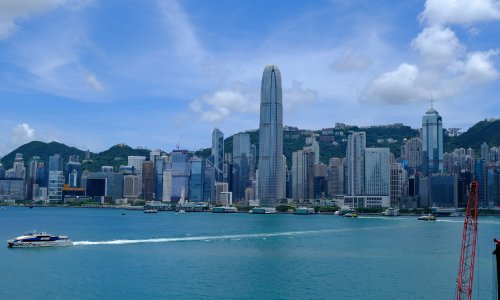The Erosion of Hong Kong’s Autonomy since 2020: Implications for the United States

Photo: Matthew Barocas, CSIS
Available Downloads
In this report, Scott Kennedy, Lily McElwee, and Jude Blanchette describe the ongoing developments in Hong Kong’s political, legal, and economic environment; likely implications for the city’s future as a global business hub; and the options available for U.S. policymakers to preserve a productive relationship that advances U.S. commercial interests while supporting the city's remaining autonomy, consistent with Beijing’s international commitments. Two of the coauthors (Blanchette and Kennedy) visited Hong Kong in September 2023, and over nine days conducted 35 interviews with a wide range of stakeholders, including representatives from the Hong Kong government, former Hong Kong government officials, members of the LegCo, executives from local and multinational companies and financial institutions, university professors, local and international journalists, NGO leaders, and public interest legal experts. Interviews were also conducted with experts, members of the overseas Hong Kong community, and U.S. policymakers before and after this trip. These discussions were supplemented by a wide reading of primary and secondary sources about Hong Kong, China, and U.S.-China relations. The coauthors find that while areas of resilience remain, an authoritarian turn in China under Xi Jinping has significantly eroded Hong Kong’s “high degree of autonomy” that was supposed to be maintained until 2047. In response, the U.S. government should reevaluate its current approach to Hong Kong and consider productive policy alternatives.
This report was made possible by generous support from the U.S. Department of State.


